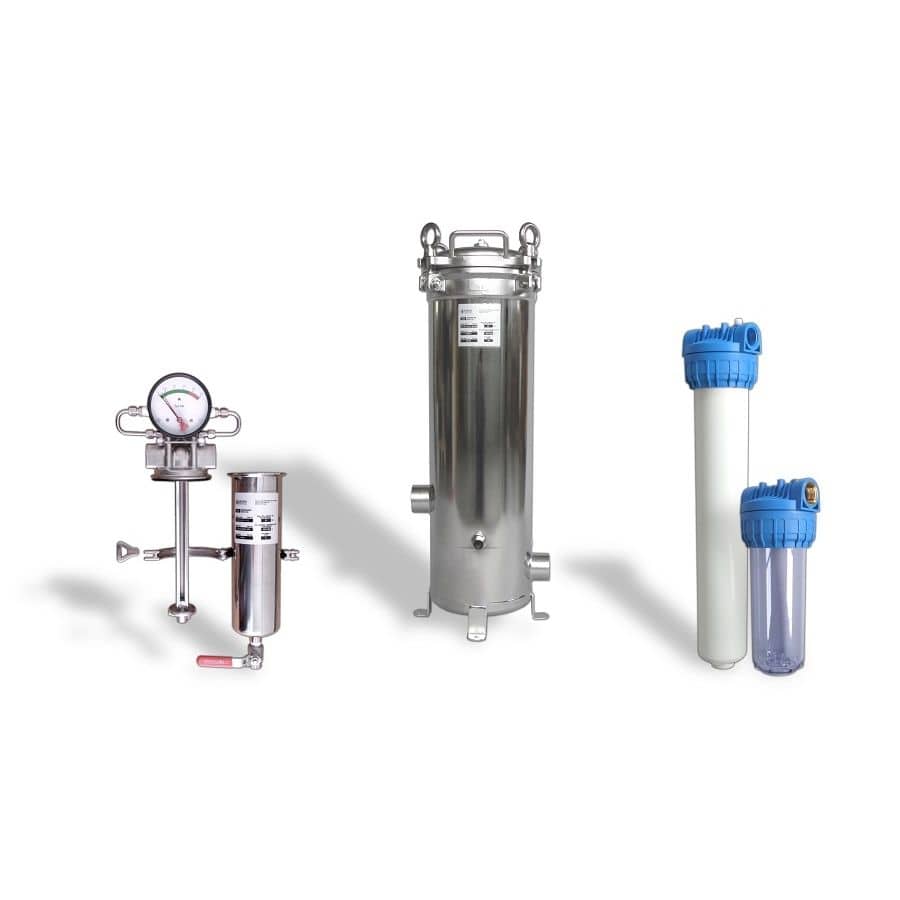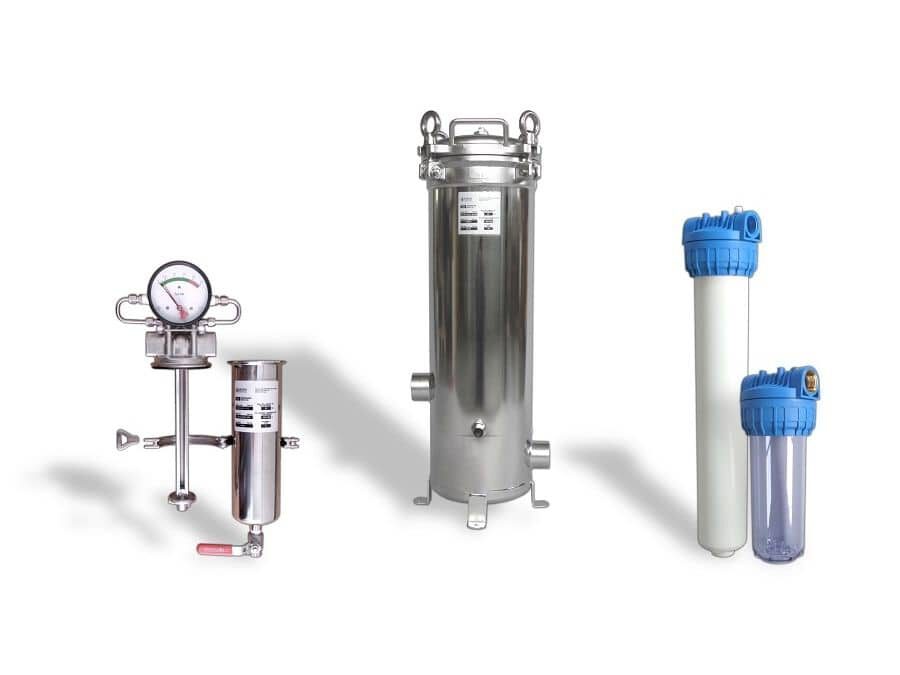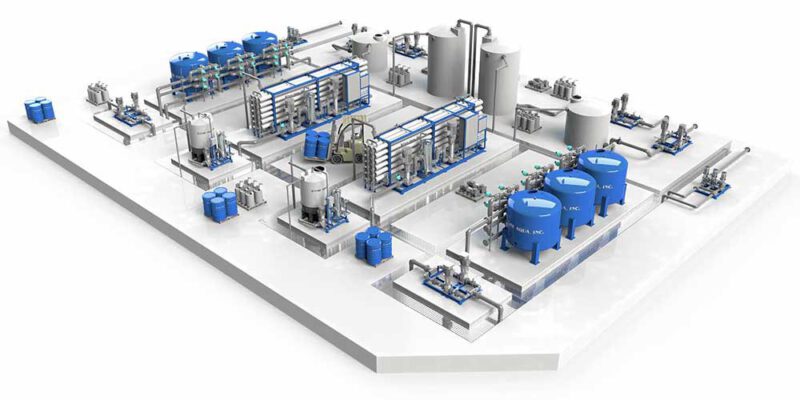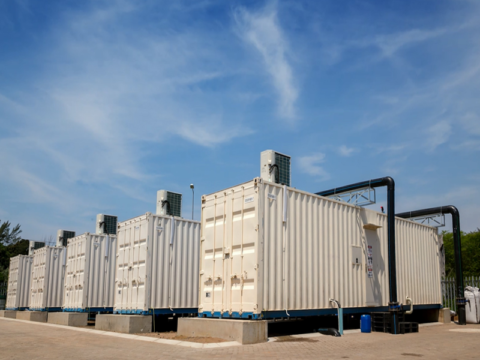Cartridge And Bag Filters

Separator Filters
September 16, 2023
Cartridge filters are modular filters that are used to remove debris from various liquids. They use either a pleated fabric or a screen to filter the liquid, trapping sediment and sometimes even chemicals in the process. Surface and depth are two types of cartridge filter that can be used. With surface cartridge filters, particles are retained on the surface of the media which forms a layer of material that increases productivity. Depth cartridge filters use a thick or multi-layered media to form a twisted path that then retains debris.
Bag Filters
A bag filter’s capacity for holding dirt and its flow rates vary greatly from manufacturer to manufacturer. For this reason it is important to understand what you are looking to accomplish before you buy. For example, bag filters are a great low-cost option when it comes to filtration. They are the perfect choice for industries where the cost of self-cleaning systems would not be justified. Bag filters benefit many types of industries, from the mining and chemical to food and beverage production. Bag filters use microfiltration to purify liquids. This process works when the liquid flows through small, permeable pores, capturing debris and sediment in the bag filter as it passes through. The size of the contaminants removed depends on the micron size of the pores. Bag filters are able to filter large amounts of water and some can filter various chemicals.
While bag filters are used in a variety of other industries, they are not as versatile as the cartridge filters. Bag filters also have a smaller surface area than cartridge filters. However, these differences are exactly what makes bag filters perfect for sma
ller operations. Bag filtration systems excel in small batch operations where cost effectiveness is as important as efficiency. The surface area of this filter type is large enough for these small operations and will not become clogged by them easily. As a result, disposal costs will also be lower due to the fact that there will be no need for frequent bag replacements. In addition to lower costs, industries that use bag filters also enjoy a smaller volume of solid waste produced than with cartridge filters.
Cartridge Filters
The production of a cartridge filter is directly linked to the micron size of the filter bag being used. The larger the micron size, the higher the flow capacity. However, some applications require the filtering of miniscule particles and bacteria, which can lead to frequent clogging. This is one of the reasons that it is important to establish the kind of filtration you want before purchasing a filter type or size.
Cartridge filters are known for their diversity and their unique ability to benefit almost every industry. These filters are suitable for many applications, from cosmetics to pharmaceuticals to electric utilities. They are also extremely easy to use and maintain. Cartridge filters are perfect for industries where ultra-pure water filtration is required because of the small micron size filters that are available. In cost, cartridge filters are also diverse. These filter types can be expensive or inexpensive, depending on the way that they are made. Overall, cartridge filters are ideal for a variety of applications and uses so it is very easy to find one that will meet your individual needs.
Bag Filters vs Cartridge Filters
Both bag filters and cartridge filters are sediment filters, used to remove large and small debris from liquid through filtration. Certain bag filters and cartridge filters can even be used for gas filtration. These types of filters are both used in commercial and industrial capacities, making them big competitors. They do the same basic job but the details of their individual processes are very different. Both filter types are able to excel in their own way when used correctly. This is why it is important to determine your own personal filtration needs before deciding bag filter vs cartridge filter.




